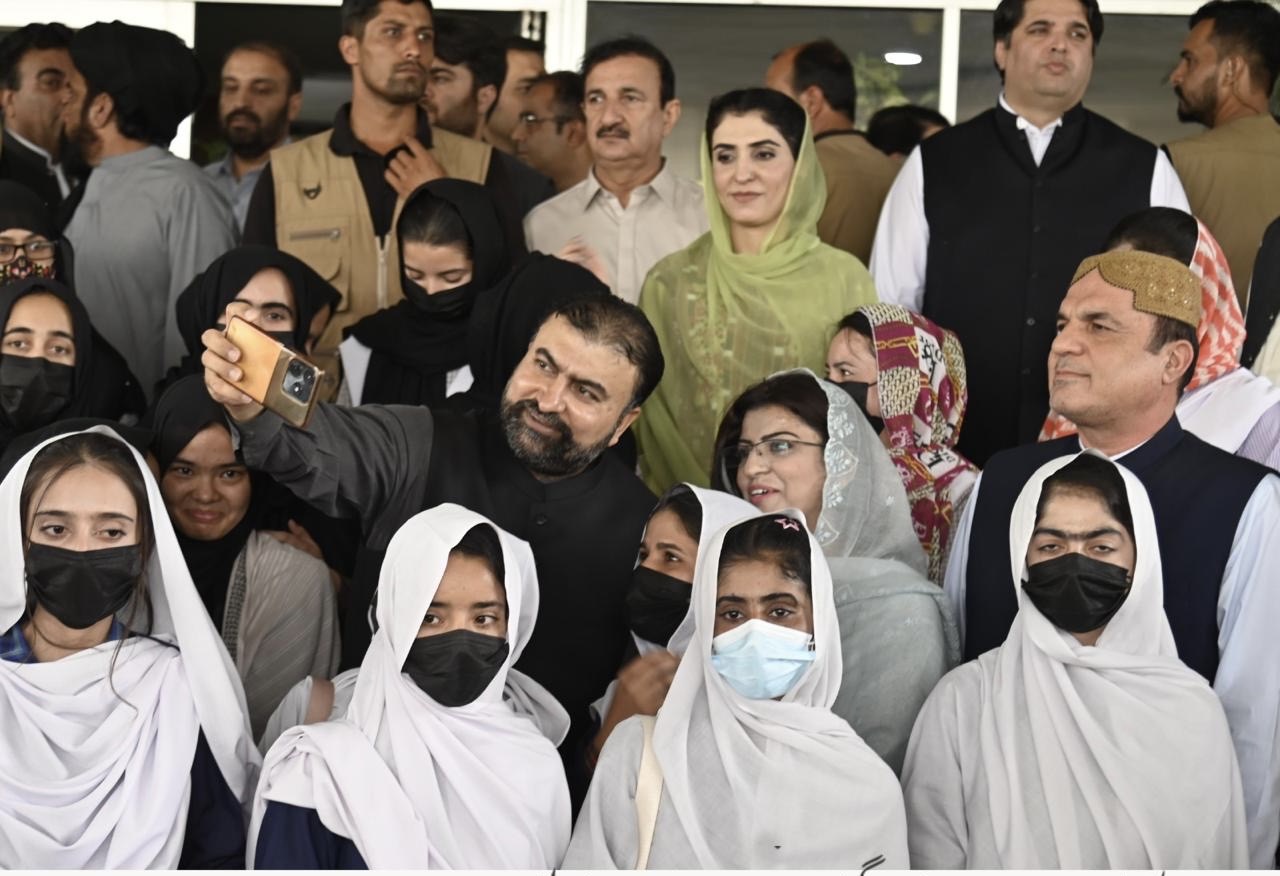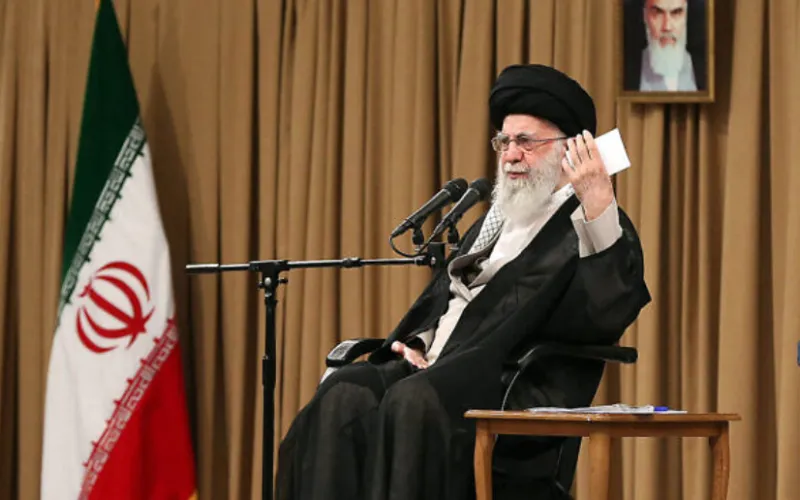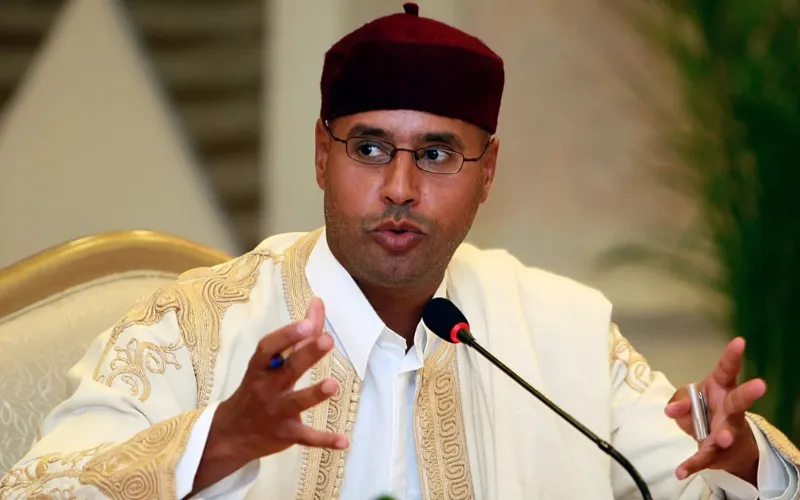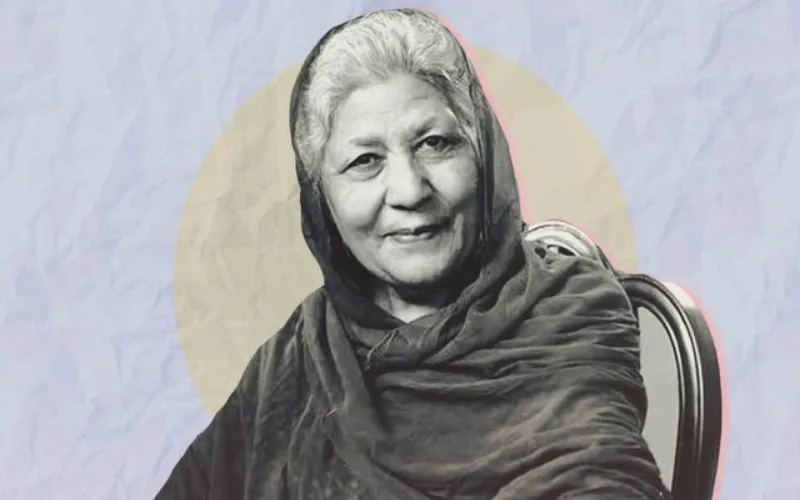Editorial:
In a province long plagued by inequality, insecurity, and mistrust, Chief Minister Mir Sarfaraz Bugti’s budget speech for the fiscal year 2025–26 was a rare and refreshing moment of clarity, courage, and conviction. Speaking before the Balochistan Assembly, Mr. Bugti delivered not just a budget—but a vision. A vision that was inclusive, people-centric, and firmly grounded in justice.
Sponsored
What stood out was not just the size of the numbers or the scope of development projects, but the spirit with which the Chief Minister addressed the house. With a tone that balanced compassion and resolve, he demonstrated that the real power of leadership lies not in rhetoric but in responsible action. It was heartening to witness, perhaps for the first time in years, a Chief Minister name each district—Kharan, Chagai, Musakhel, Washuk, Qila Saifullah, Qila Abdullah, Pishin, and more—without the usual political selectiveness that has so often marred Balochistan’s development discourse.
For decades, the Public Sector Development Programme (PSDP) in Balochistan has been disproportionately influenced by bureaucratic favoritism, with the Finance and Planning & Development Departments, and even the Chief Minister’s Secretariat, claiming lion’s shares. This time, however, there was a notable shift. Without directly pointing fingers, Mr. Bugti made it clear—through action and allocation—that such practices will no longer define development planning. Washuk, often cited as one of the most deprived districts, received a “historic allocation” and was declared close to the Chief Minister’s heart. Looking ahead, he also committed significant attention to Musakhel, one of the province’s most underdeveloped areas.
This is the first time in recent memory that a sitting Chief Minister laid out such a well-rounded and district-specific plan without hidden agendas. His focus on underserved regions sends a powerful message: every citizen of Balochistan matters, regardless of geography or ethnicity.
Equally powerful was his stance on peace and security. Mr. Bugti’s unwavering tone against terrorism—refusing to bow before threats—reaffirmed that the state stands with its people, not with those who wish to hijack their future through violence. His words carried the weight of lived reality: Balochistan has suffered immensely at the hands of militants and criminal networks. Yet, in his address, there was no hate—only firm condemnation of those playing with the lives of innocent people, and a call for all to reject “meaningless wars.”
On governance, Mr. Bugti laid out clear goals: 1,200 new schools, 164 Basic Health Units to be inaugurated in a single day, 1,000 water filtration plants—one for every union council—and a bold allocation of Rs. 4 billion to develop command areas for agriculture. These are not abstract ambitions but measurable, trackable deliverables—an approach the province has long needed.
This editorial applauds Chief Minister Bugti for leading from the front, without ego, without omission, and without excuses. His approach brings with it the potential to transform not just infrastructure, but the very trust between the people and their government.
If followed through with transparency and integrity, this budget could mark the beginning of a new chapter for Balochistan—a chapter where leadership speaks the language of justice, prioritizes people over power, and brings every district into the fold of development.
In a time when many speak of change, CM Bugti is quietly and firmly writing it into the foundation of Balochistan’s future.





